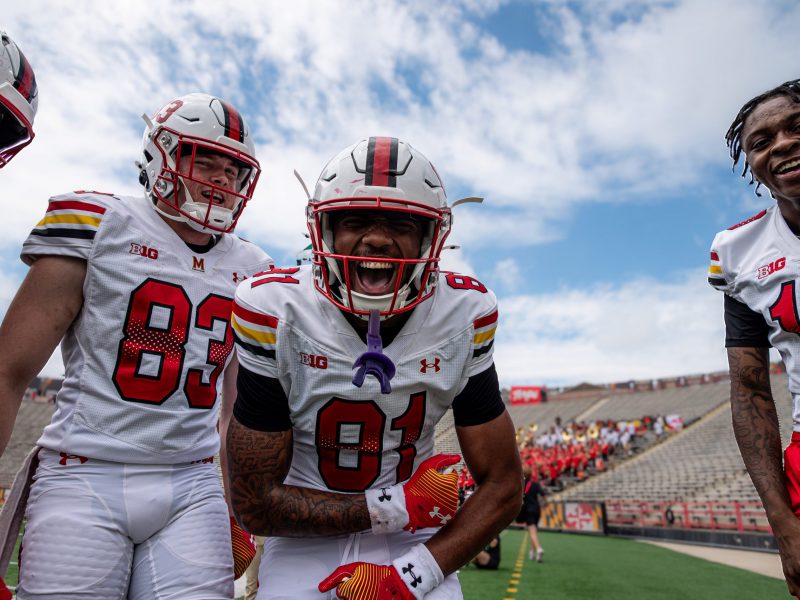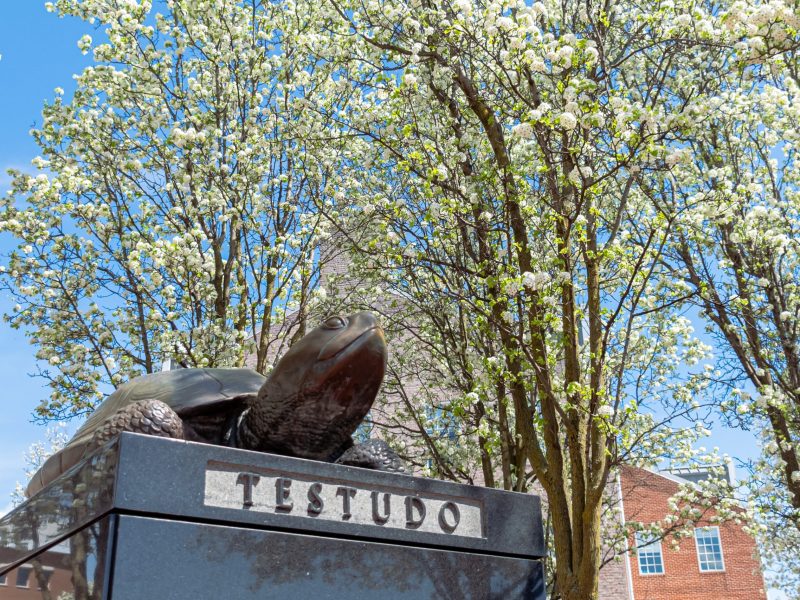University pay phones have recently joined the ranks of Thirsty Turtle, Ralph Friedgen and Street Tacos — their time has run out.
Verizon, which provides service to the campus pay phones, reported last fall that the phones weren’t generating enough revenue to pay for themselves, university officials said. The university then chose to disconnect the phones rather than pay to continue operating them, signaling a final departure from what was once crucial technology.
Verizon pay phones are only self-sustaining if they bring in about $100 per month, but of the 135 pay phones on the campus, only nine were generating up to $10, said Assistant Vice President for Administrative Affairs John Farley. If the university had opted to keep the phones, Verizon would have charged $75 per month for each one, he said.
The decision did not come as much of a surprise to many students or faculty members, who agreed that paying extra for outdated technology wasn’t in the university’s best interests.
“With cell phones and Bluetooth, it didn’t make economic sense to keep them,” Farley said. “Many kids are just not used to using a pay phone. If it’s not wireless, they’re not going to touch it.”
Before answering to Verizon, university officials consulted with employees in several departments to search for sponsors for the phones and to gauge whether they would be missed, said Jim Sterling, the director of the university’s department of procurement and supply.
Sterling said that in most areas — including residential facilities, administrative affairs, Stamp Student Union operations, public safety and the library system — no one was interested in keeping the phones around.
Officials then asked Verizon to leave the top-10 most frequently used phones in place — a request Farley said was ultimately denied.
Farley said he didn’t know when all the phones will actually be removed, as Verizon hasn’t informed the university of when it will send workers to do so.
Because Verizon owns and operates the phones, Farley said the university will not have to pay for their removal.
Some people wondered if having pay phones available could prove useful in an emergency, but University Police officials said that wasn’t an issue, Sterling said.
Although there are still two pay-phone-like telephones on the campus, they can only make calls within this university.
One is located above the South Campus Dining Hall and the other is on the ground floor of the student union.
“As far as landlines are concerned, we still have the blue-light system, and there’s also office phones that people could use if they had to,” said Farley, adding that pay phones are no longer a valuable amenity.
Several students agreed that the technology is outdated and unnecessary, especially on a college campus where most students are completely accustomed to using a cell phone as their primary communication line.
Many said they weren’t surprised by the university’s decision to cut payphones from the campus, and some said they wouldn’t even notice.
“I’ve never even seen one on campus,” freshman biochemistry major Sawyer Spurry said. “I would think that every student has a cell phone at this point.”
Sarah Hamil, a freshman history major, added that though she has seen the phones, they didn’t appear to be used often or even well-maintained.
“They’re pretty run-down,” she said. “And some of them didn’t even have a phone attached.”
israel at umdbk dot com


